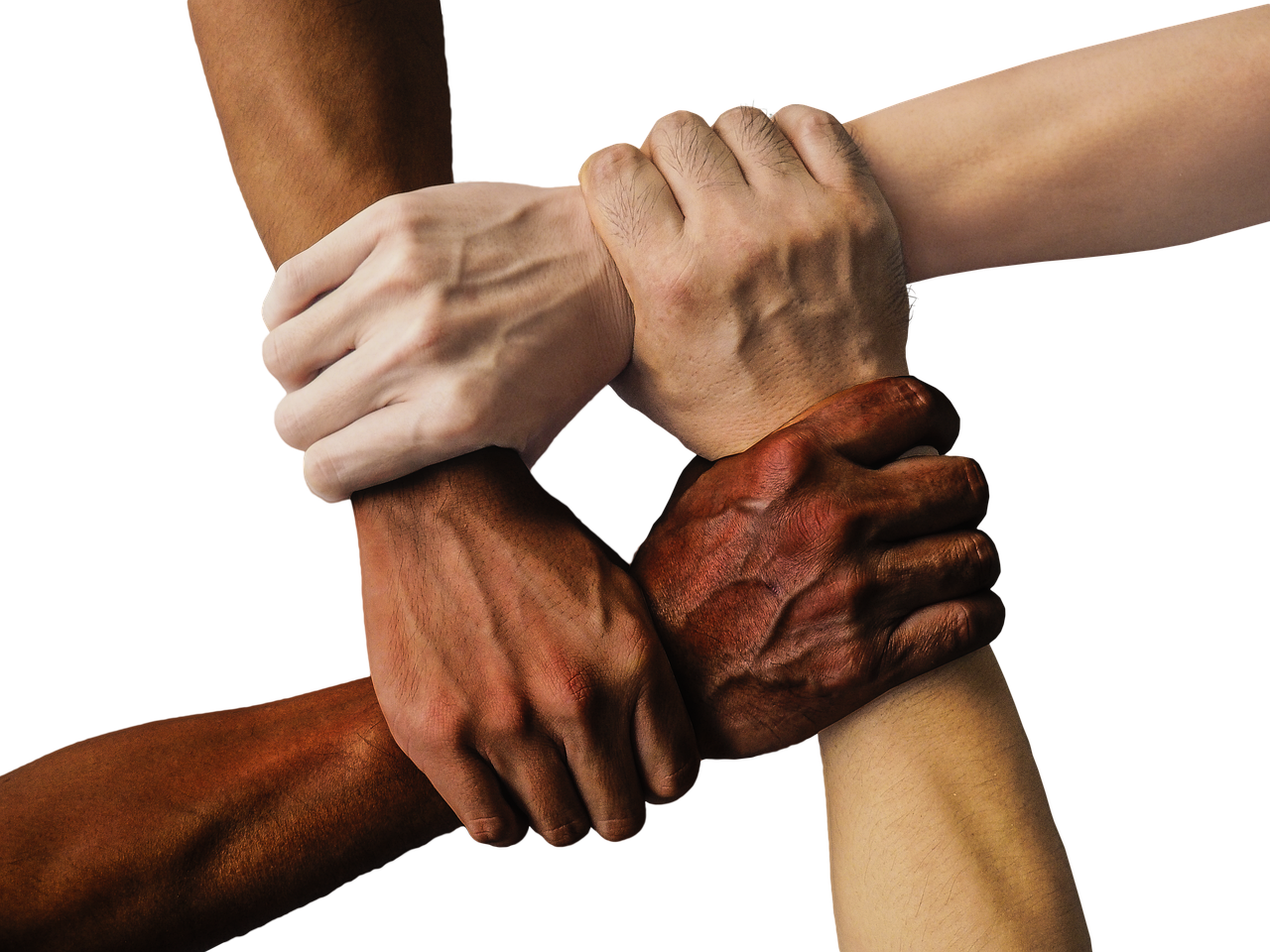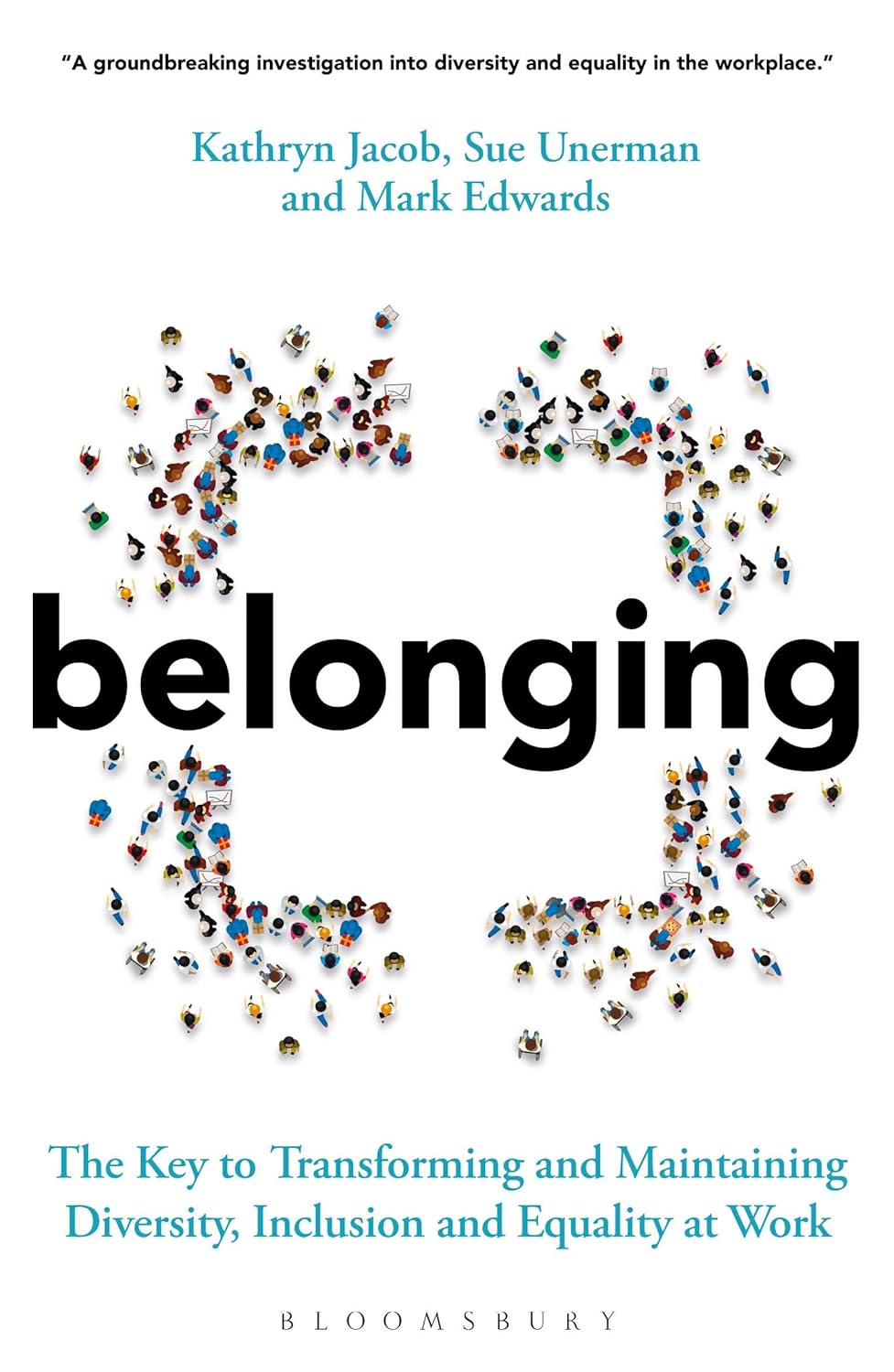Understanding the Importance of DEI Programs in Modern Society
Diversity, equity, and inclusion—often referred to by the acronym DEI—have become central pillars in workplaces, schools, and institutions worldwide. While these programs may sometimes be viewed as modern inventions, their roots reach deep into the struggles and aspirations of diverse societies seeking fairness and opportunity for all. This post examines the enduring value of DEI programs, tracing their historical development and arguing that they must not only be maintained but also actively defended as essential for individual and collective flourishing.
A good place to start is by simply looking at the words in the phrase “diversity, equity, and inclusion.” First, “diversity.” Our world is a diverse place. We should strive for our workplaces, schools, and neighborhoods to reflect this diversity. To have our locales otherwise is asking for a return to the days of the segregated past. Next comes “equity.” This is simply that each person be treated equally and fairly. Third, is “inclusion.” You really can’t have the first two terms without this final term; everyone should be included. No one likes being left out. When you break things down into these three simple terms, it is difficult to see how anyone could be against “diversity, equity, and inclusion.” Unfortunately, these days, DEI programs are under vicious attacks. Finally, it is important to say that DEI is not affirmative action, though that term and its programs were also often misunderstood and misrepresented.
The Historical Evolution of DEI Initiatives
The movement for diversity, equity, and inclusion did not appear spontaneously. Instead, it developed in response to historical patterns of exclusion, discrimination, and social injustice. Understanding this history is vital to appreciating the purpose and necessity of DEI efforts.
Early Calls for Inclusion and Equity
In the United States, the roots of DEI stretch back to the abolitionist movement of the 19th century, when activists fought to end slavery and ensure civil rights for Black Americans. The quest for equity continued into the 20th century, finding new expression in the suffragist movement, which advocated for women’s voting rights. Both movements highlighted the need to dismantle systemic barriers that excluded entire groups from full participation in society.
The Civil Rights Era
The civil rights movement of the 1950s and 1960s marked a watershed moment for DEI. Landmark legislation, such as the Civil Rights Act of 1964 and the Voting Rights Act of 1965, sought to eliminate legalized discrimination in public life, education, and employment. Around this time, the concept of affirmative action emerged as a set of policies aimed at rectifying the historical disadvantages faced by minorities and women, particularly in education and the workplace.
These policies were not intended as mere handouts, but to level a playing field that had been historically tilted against marginalized groups. By encouraging institutions to actively recruit, support, and promote individuals from underrepresented backgrounds, affirmative action planted the seeds for the DEI programs we see today.
The Expansion and Institutionalization of DEI
From the 1970s onward, DEI principles were integrated into corporate and academic cultures. Companies developed equal employment opportunity offices, and universities expanded their recruitment of students and faculty from diverse backgrounds. Over time, the focus of these initiatives broadened: beyond race and gender, DEI programs began to include considerations of sexual orientation, disability, age, religion, and other dimensions of identity.

The late 20th and early 21st centuries have seen a growing recognition that diversity, equity, and inclusion are not just matters of justice but drivers of organizational and societal success.
The Value of Diversity, Equity, and Inclusion
Defending DEI programs is not only a moral imperative—it is supported by a growing body of evidence demonstrating their tangible benefits.
Diversity Fuels Innovation and Excellence
A diverse group brings a broader array of perspectives, experiences, and problem-solving approaches. Studies have found that companies with more diverse workforces are more likely to outperform their less diverse peers financially. Innovation thrives where different ideas are exchanged and challenged. In STEM fields, academic research groups that include individuals from various backgrounds consistently produce more highly cited papers.
Equity Ensures Fairness and Opportunity
Equity does not mean treating everyone identically but rather ensuring that everyone has access to the resources and opportunities they need to succeed. For example, scholarship programs for first-generation college students acknowledge that some individuals may face greater obstacles than others due to their economic background, family obligations, or systemic biases. By addressing these disparities, equity-focused initiatives help unlock the full potential of all members of society.
Inclusion Creates Belonging and Engagement
Inclusion means creating environments where all individuals feel valued, heard, and empowered to participate fully in the community. When people feel included, they are more engaged, motivated, and productive. This sense of belonging reduces turnover and absenteeism and fosters a positive organizational culture.
DEI and Social Justice
At its core, the DEI movement is about social justice: ensuring that all individuals, regardless of background, are treated with dignity and granted fair access to opportunities. For communities that have suffered exclusion or marginalization, DEI programs can be transformative, opening doors that had long been closed.
Challenges and Criticisms
It would be incomplete to discuss DEI without addressing the challenges these programs face. Critics sometimes argue that DEI initiatives promote “reverse discrimination” or undermine meritocracy. However, research has shown that well-designed DEI programs do not lower standards but rather broaden the pool of talented individuals who can contribute to institutional success.
Moreover, DEI is not a zero-sum game. Inclusion of one group does not require the exclusion of another. Instead, the goal is to create environments where everyone can thrive, free from bias and unfair barriers. DEI has never been about advancing unqualified people or excluding white people. Quite the contrary, it is about opening doors and bringing down barriers so that the most qualified have a chance to get in the door and then have an environment where they can advance.
The Necessity of Defending DEI Programs
Despite their positive impact, DEI programs are increasingly under attack—sometimes through legislative action, sometimes through public criticism or misinformation. Defending these programs is crucial for several reasons.
• Preserving Progress: The gains made in representation and opportunity are fragile and can be easily reversed. Eliminating or weakening DEI programs risks a return to exclusionary practices.
• Responding to Demographic Change: Societies are becoming more diverse. Embracing DEI is essential for institutions to serve and reflect the populations they represent.
• Enhancing Global Competitiveness: In an interconnected world, organizations that harness the talents of people from all backgrounds are better positioned to compete and innovate.

• Fostering Social Cohesion: DEI programs help build trust and cooperation across groups, reducing tensions and promoting unity.
• Upholding Moral and Legal Principles: Equality, justice, and respect for all are foundational values enshrined in the constitutions and legal frameworks of many nations. Defending DEI means defending these principles.
Conclusion
Diversity, equity, and inclusion are not fads or empty buzzwords; they are essential principles that drive meaningful change. They are deeply rooted in our collective pursuit of justice, opportunity, and human flourishing. The progress achieved through DEI programs is the result of decades—indeed, centuries—of struggle and advocacy. These efforts have made societies fairer, more dynamic, and more resilient.
Yet the work is unfinished. As new challenges arise, the need to defend and strengthen DEI programs is more urgent than ever. In doing so, we not only honor the sacrifices of those who came before us but also ensure a brighter, more equitable future for generations to come.





